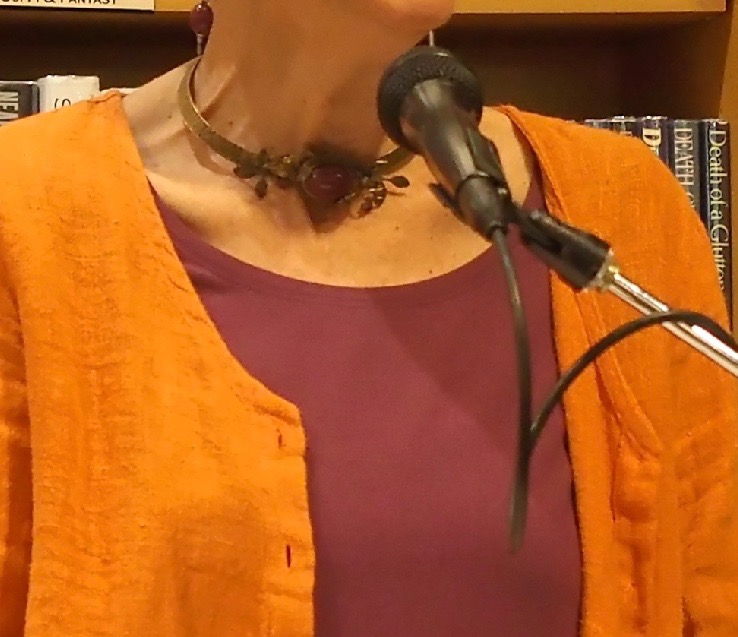When we think of events where an author presents a new book, most of us picture a celebrity saying a few words to fans, people who have come to buy said book and have it signed by this great person—a famous and successful author.
Thanks to the recent opening up of publishing to include self-publishing and hybrid publishing, lots of people living on Whidbey Island have published books. Most of us are not famous, and if we’re at all successful, it’s usually not in publishing. Still we give book signings—at a bookstore, a library, a church, the home of a friend… These can be delightful, celebrative events, introducing the book and giving the new author a sense of being, truly, launched.
There are, however, some common-sense ground rules involved in a book signing, and in recent years, I’ve attended several where one and sometimes all of these guidelines were ignored. It makes the book signing, which could have been fun for everyone, a less than salubrious occasion.
And it’s so simple, really. It’s a matter of remembering that, when we’re not famous, those who come to celebrate our life events are not the general public but our friends and cohorts, many of the very same people who helped us put together this book.
Here are my ground rules.
- If a bookstore or library offers to host a book signing for you, the first thing you need to do, as the author, is to invite your friends—all of your friends—and not just by posting something in the newspaper or (for Whidbey) on Drew’s List but by personally contacting them. I remember one woman, an editing client, who had written and self-published a truly lovely book that was featured in an event at a local library—and who told not one single soul about that event. Four people came, including the library branch manager and myself.
- Prepare a few remarks about the process of writing or publishing your book. Often these events are called book readings because it’s expected that the author will read a bit from the text of the book. It is not, however, expected that the author will begin by reading from the book. You’re launching this book; you want to give it a context. People have come to hear you speak about your book. Why you wrote Why you published it. What you’re hoping they’ll get from reading it. Something. I will say just a bit more about this part of it. Even if you’re an accomplished speaker, you must actually prepare these remarks.
- After you write this out, go over it with a friend. Don’t think you can wing this by speaking extemporaneously. There’s something that can happen to the mind when you stand in front of a group, even a group of family and friends—perhaps especially a group of family and friends. You need a plan, and it helps if you allow yourself to have a few notes with you when you get up to speak. You are not going to read those notes to the people gathered, but if you have some notes, you can glance down at them when your mind goes blank. These notes will remind you of what you wanted to say. Then you look back up at the people in front of you and say it.
- Plan how you will thank the people who helped you. Again, think about this, and think about it carefully. This is why most Academy Award winners go to the mic with a piece of paper in their hand: they are in horror of forgetting to thank someone who helped to make their moment of triumph possible. A book signing is a time to be gracious and inclusive: the person who brought the flowers, the groups of people who provided food, people in the audience who may have critiqued your book, the person who was your editor. OK, so, as a professional editor, perhaps I, particularly, notice this—but when it’s done well, it’s wonderful. One author I worked with recognized me by name and function when I tried to slip into the back of his book event a few minutes late. Another author, whose editor was a friend of mine, called her editor up to the front with the book’s designer, thanked them, and presented them each with a bottle of wine.
This is all hard, I know, because once you’ve written the book, you’d like to think that the pressure is off, that you’ve already done the most important part. For a few weeks after I’d completed my memoir manuscript, I balked at the idea of talking about what was in the book. If people wanted to know, they could read it!
But you must do a little to entice them to read it. And why not? There’s so much you couldn’t say in the book itself, so much for people to know about the process of transforming a spark of an idea into a bound volume that readers can take home with them. Think of it as sharing information and acknowledging support.

